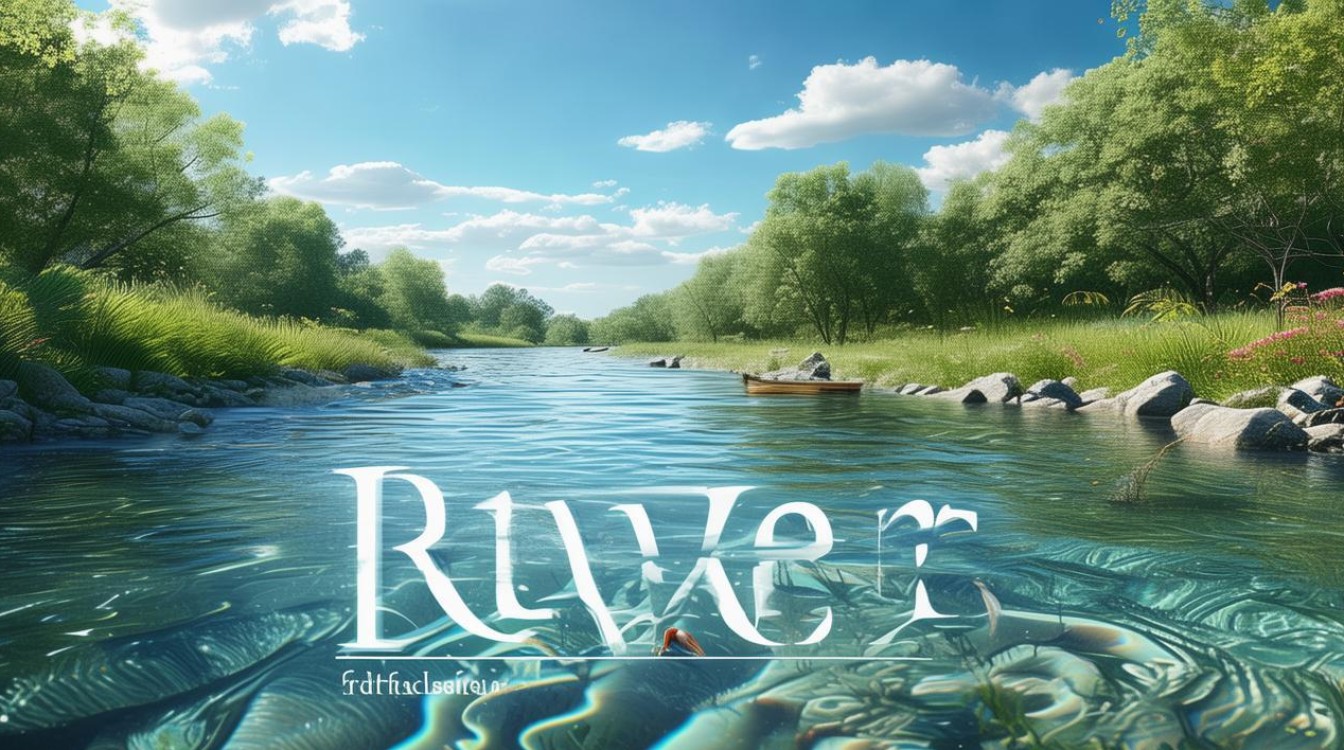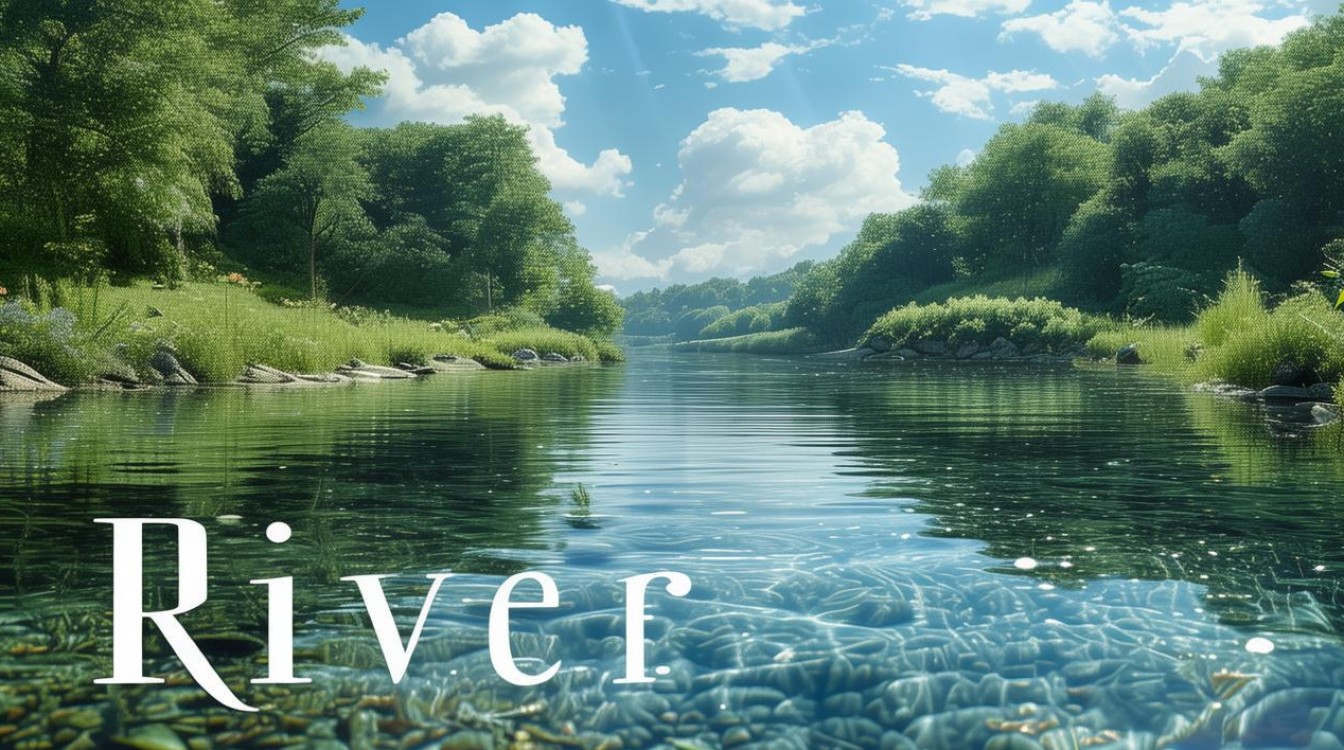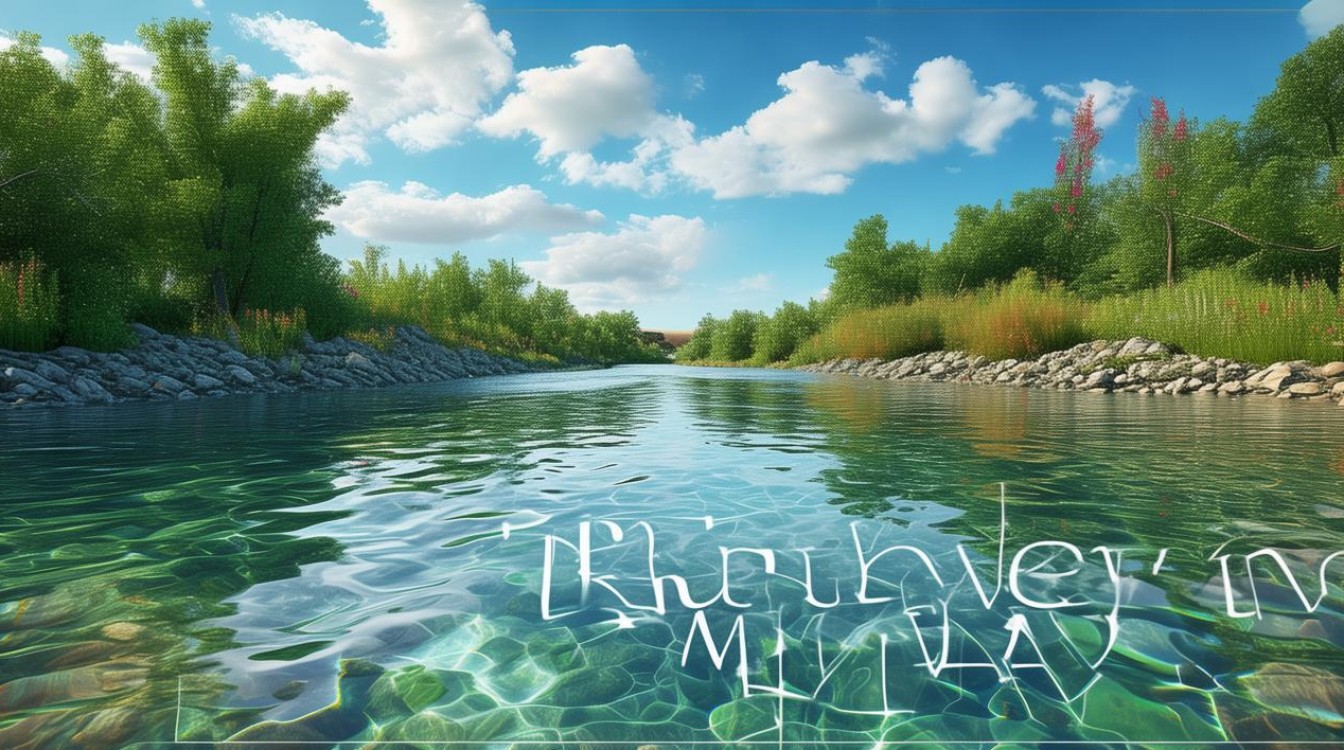When exploring nature or discussing geography, the term "河流" often comes up. In English, the direct translation is "river." However, this simple word carries rich meanings, cultural significance, and scientific depth. Understanding how to use it properly—and its related vocabulary—can enhance communication for travelers, students, and professionals alike.

The Basic Translation: "River"
The most common English equivalent for "河流" is "river." It refers to a large natural stream of water flowing in a channel toward an ocean, lake, or another river. For example:
- The Yangtze River is the longest in Asia.
- The Amazon River supports diverse ecosystems.
This term is straightforward, but context matters. Smaller flowing waters may be called "streams" or "brooks," while larger ones are "rivers."
Types of Rivers in English
Not all rivers are the same. English has specific terms for different kinds:
- Tributary: A smaller river flowing into a larger one.
- Estuary: Where the river meets the sea, mixing fresh and saltwater.
- Delta: A landform at a river’s mouth, often triangular, created by sediment deposits.
- Meandering River: A winding river with gentle curves.
- Underground River: Flows beneath the earth’s surface, like Mexico’s Sac Actun.
Knowing these distinctions helps in precise descriptions.
River-Related Vocabulary
To discuss rivers fluently, expand your lexicon:

- Bank: The land alongside a river.
- Current: The flow of water.
- Rapids: Fast-moving, turbulent sections.
- Source: A river’s origin, often a spring or glacier.
- Mouth: Where the river ends, joining another body of water.
For example:
- "We camped by the riverbank, listening to the gentle current."
- "The river’s source is in the Himalayas."
Cultural and Historical Importance
Rivers shape civilizations. The Nile fostered ancient Egypt, while the Thames is central to London’s history. In literature, rivers symbolize life, change, or boundaries. Mark Twain’s Adventures of Huckleberry Finn revolves around the Mississippi.
Idioms also reflect this connection:
- "Cross the Rubicon": A point of no return (from Julius Caesar crossing the Rubicon River).
- "Sell someone down the river": To betray (originating from U.S. slavery-era trade routes).
Scientific and Environmental Perspectives
Rivers are vital to ecosystems. They transport nutrients, provide habitats, and sustain human agriculture. However, pollution and dams threaten many. Terms like "watershed" (an area draining into a river) or "riparian zone" (land adjacent to rivers) are key in environmental science.
Climate change intensifies challenges. Melting glaciers alter river sources, while droughts shrink flows. The Colorado River, for instance, rarely reaches its delta now due to overuse.

Rivers in Global Languages
English isn’t the only language with nuanced river terms. In French, "fleuve" describes rivers flowing into seas, while "rivière" flows into other rivers. German uses "Fluss" broadly but distinguishes "Strom" for major rivers like the Rhine.
This linguistic diversity highlights how cultures perceive waterways differently.
Common Mistakes to Avoid
Learners sometimes confuse similar terms:
- River vs. Lake: Rivers flow; lakes are still.
- Creek vs. River: Creeks are smaller.
- "River" as a name vs. noun: "River Thames" is correct in British English, while Americans say "Thames River."
Practical Usage in Travel and Study
When visiting English-speaking regions, river terminology aids navigation:
- "Is there a ferry crossing this river?"
- "The trail follows the riverbank for two miles."
For academic writing, specify details:

- "The study focused on sediment in the lower Mississippi River basin."
Rivers in Modern Media
From The Lord of the Rings’ Anduin to Avatar’s Pandora rivers, waterways inspire storytelling. Documentaries like Our Planet showcase their ecological roles.
Even in business, "river" metaphors appear:
- "Cash flow" mirrors a river’s movement.
- "Streaming services" borrow from fluidity.
Personal Perspective
Rivers connect us—geographically, historically, and linguistically. Whether you’re a traveler, student, or nature enthusiast, mastering "river" and its related terms bridges understanding. Next time you see a river, consider its name, path, and impact. Language, like water, flows endlessly, shaping how we see the world.


